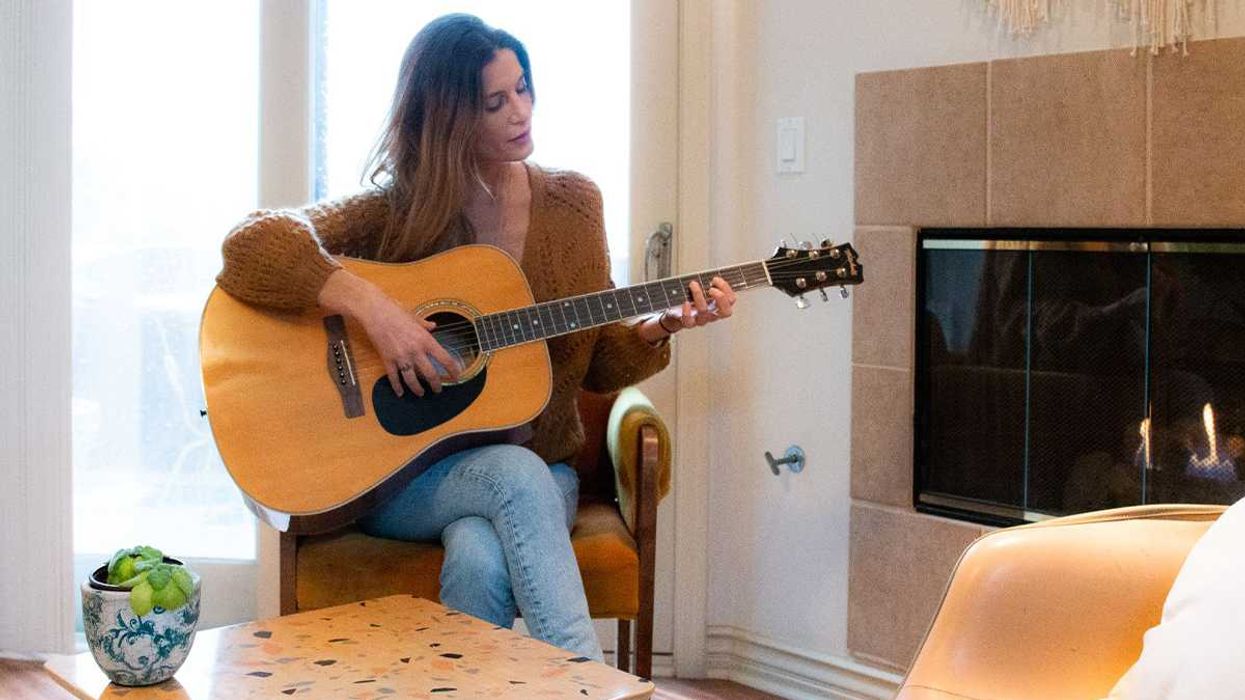Odds are if you’re buying eggs that aren’t from free-range chickens, they’re coming from what’s known as “battery hens.” That’s the term used to describe chickens that are packed into wire cages—often barely larger than the bird itself—where they exist solely to eat, sleep, and produce eggs for as long as they are able. Taken en masse, rows of these cages start to resemble—you guessed it—cells in a battery.
What’s more, when (if) the birds are released, they still suffer from the effects of having been stuffed in such cramped conditions in the first place. Among other things, this means that their limited exposure to the outside world has prevented the chickens from ever having acclimated to the various seasons. In the summer that’s not much of a problem, but come their first winter, these birds start to freeze.
Enter Nicola Congdon, a 25-year-old Cornwall native who has spent the last six months hand-knitting a collection of jumpers for former battery hens.
Speaking with Mashable, Congdon explained:
“It’s important to make people aware of the poor conditions the hens live in and the fact that they have no feathers when they are retired. The tank tops are also something really different that provide some fun for the chickens. They keep them warm and makes the chickens easy to identify.”
In addition to knitting the sweaters for her own batch of birds, Congdon has also reportedly begun taking orders for the winter wear from other concerned chicken owners. Rather than sell the jumpers for a profit, however, she donates the proceeds to Project Primrose, a South African orphanage dedicated to children who have suffered from AIDS, cancer, abuse, and neglect.
[via mymodernmet.com]
















 Otis knew before they did.
Otis knew before they did.